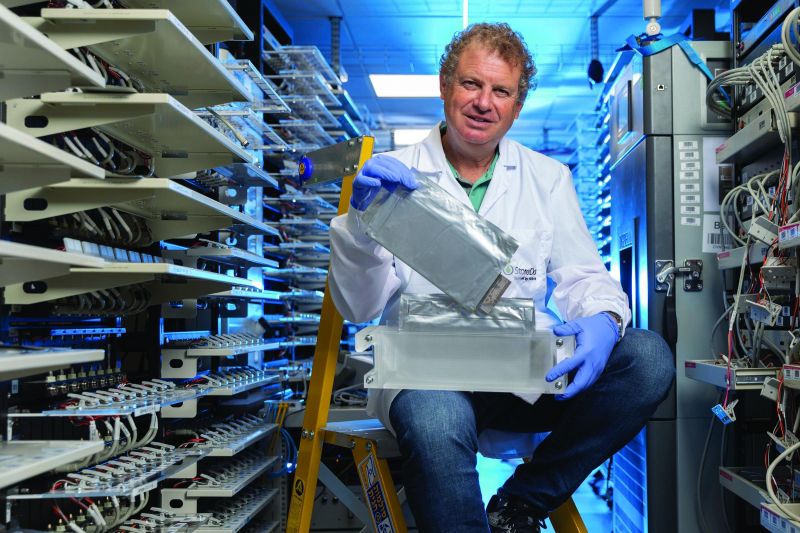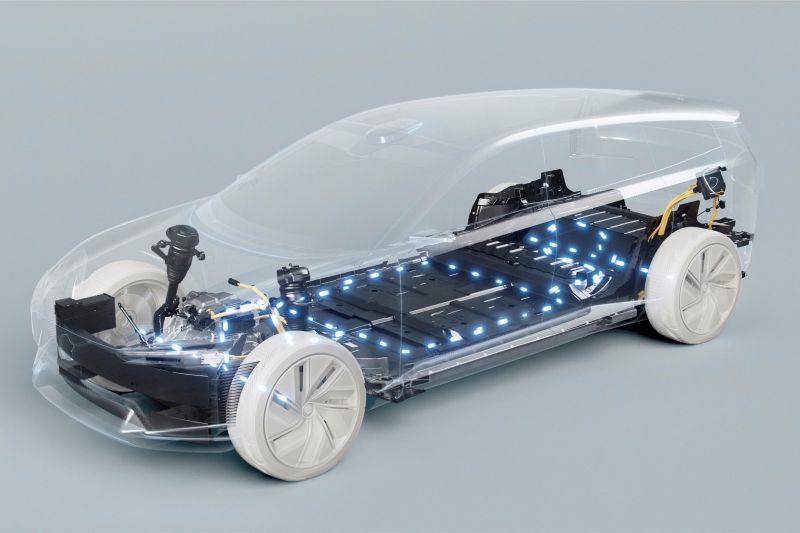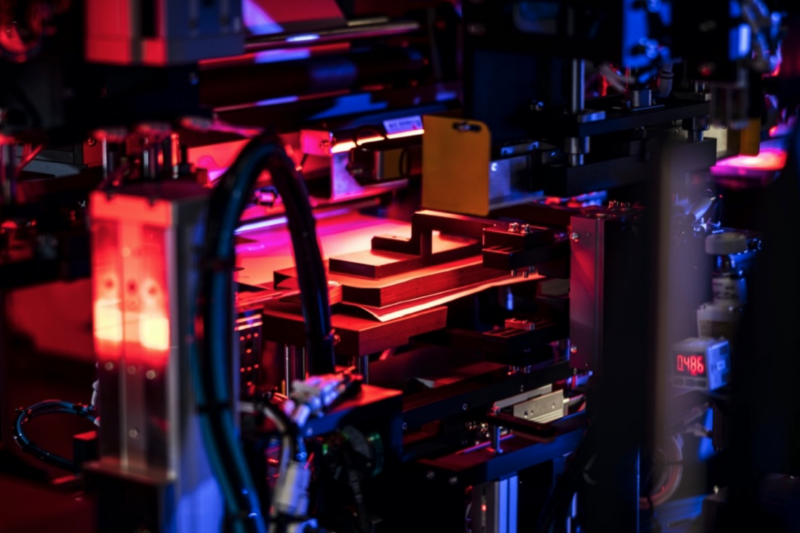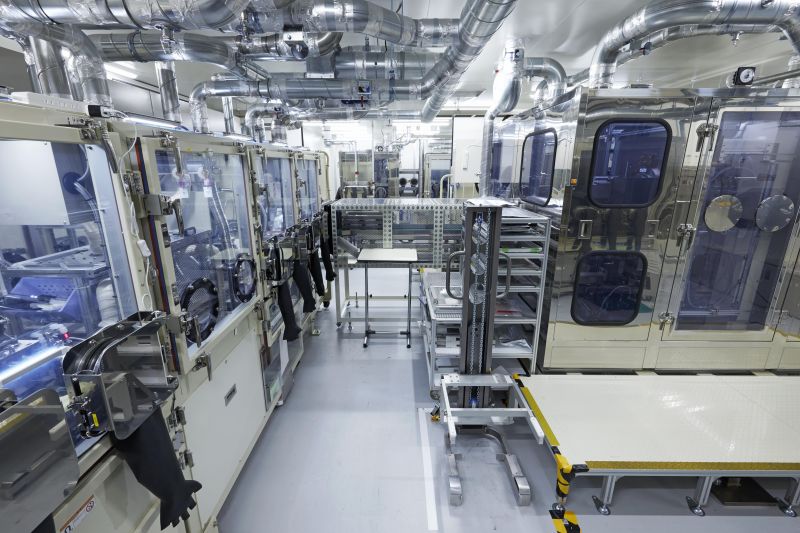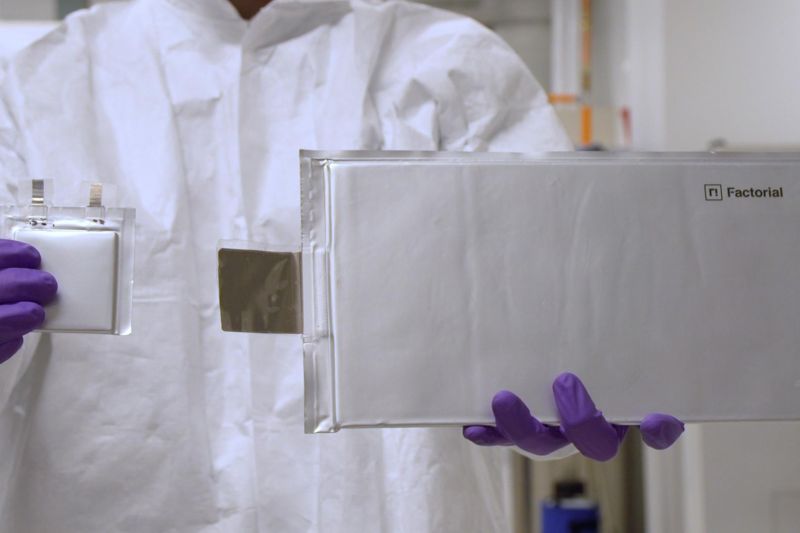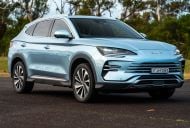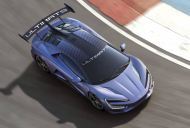Israeli electric vehicle (EV) battery startup StoreDot has announced its “extreme fast-charging” silicon-dominant lithium-ion batteries are now being tested by over 15 global automotive companies in real-world conditions.
The company stopped short of mentioning what these 15 OEMs are exactly, but said they are headquartered in Europe, Asia, and the US.
Storedot already has partnerships with Volvo Cars, Polestar, VinFast, Daimler, and Ola Electric. It also says that potential manufacturing partnerships are in the pipeline for this year.
Initial tests of these ‘100in5’ silicon-dominant lithium-ion batteries confirm they will be mass production-ready for electric passenger cars by 2024.
“This announcement is yet another important milestone for StoreDot,” said StoreDot CEO Dr Doron Myersdorf.
“We’re delighted that so many of the world’s leading automotive manufacturers are testing both our XFC cells and their integration into next generation electric vehicle architectures, and we are receiving positive feedback about the real-world viability of our technologies.
“This is an extremely encouraging endorsement from companies that are now vying to become the first to use our leading 100in5 battery cells in their production vehicles,” he added.
“We are now certain that the first mass produced StoreDot cell will be commercially available in 2024.”
StoreDot conducted a test on its ‘100in5’ battery cells in October last year where it found they were capable of over 1000 charge cycles before the capacity dropped below 80 per cent of its original threshold.
The cells also claimed to provide the promised ‘100in5’ performance, which means that drivers can add 100 miles (161km) of range in five minutes of charging.
Beyond this, StoreDot is still developing its extreme fast-charging battery cells in both cylindrical and prismatic form factors.
The company is aiming to release its ‘100in3’ semi-solid-state battery in 2028, and its ‘100in2’ all-solid-state battery in 2032.
MORE: Solid-state batteries are a decade away – StoreDot
StoreDot isn’t the only company gearing up to produce solid-state batteries, with other suppliers and carmakers getting in on the action too.
Solid Power recently announced it completed the installation of its pilot production line for solid-state battery cells. BMW will also build a duplicate production line in Germany.
Nissan recently unveiled its prototype solid-state battery production facility at its Research Centre in Kanagawa Prefecture, Japan.
The Japanese carmaker is leading solid-state battery development for its alliance partners – Renault and Mitsubishi – and plans to launch an EV with its proprietary all-solid-state batteries in fiscal year 2028.
Toyota also said it has been testing solid-state batteries since 2020 and plans to first introduce them in its hybrid vehicles, before rolling them out in upcoming EVs.
It says a short service life is the primary concern with solid-state batteries, and is therefore continuing its development of solid electrolyte materials. Colder-temperature performance is also an issue.
Stellantis and Mercedes-Benz announced in late 2021 they’ve jumped on the solid-state battery train and signed joint agreements with US-based Factorial Energy to develop solid-state batteries for the EVs.
The companies aim to introduce their “first competitive solid-state battery technology” in 2026.
Hyundai and Kia have also partnered with Factorial Energy to test its solid-state batteries in their EVs.
In December 2020, Volkswagen-backed company QuantumScape announce it’ll have its solid-state batteries ready for production in 2024, while GM’s battery development centre in Warren, Michigan will develop solid-state batteries among other battery types, including silicon.
MORE: Solid-state batteries are a decade away – StoreDot
MORE: StoreDot batteries achieve over 1000 ‘extreme fast-charging’ cycles

